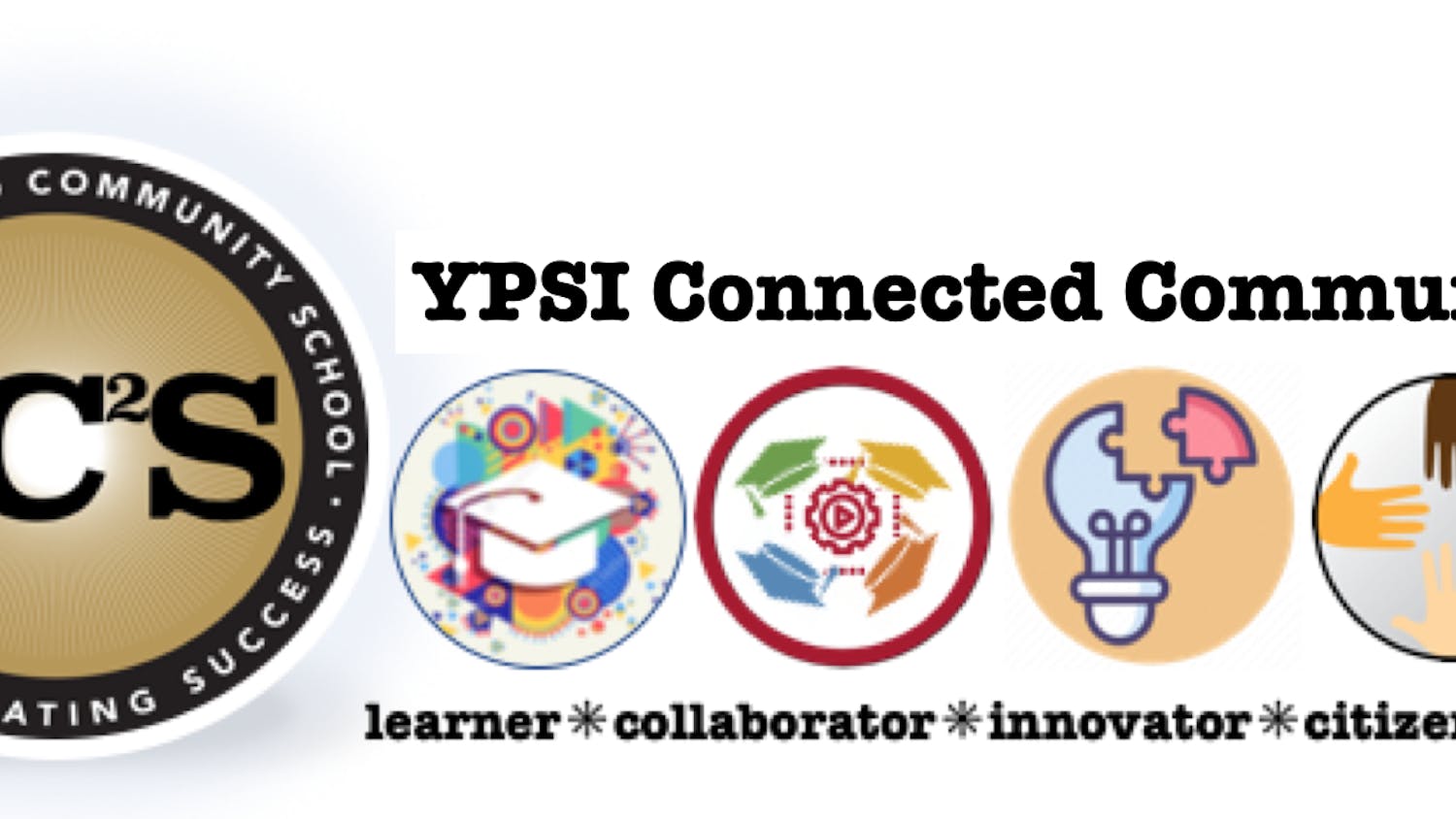Nowadays, many universities aren’t going to let you in solely based on your GPA. They’re looking for extra curricular activities—clubs, programs, volunteer work. It’s become such a prevalent expectation for some universities that it is basically an unspoken requirement to even be considered for acceptance.
This system that has been created is so bad for children. Not only is it overwhelming to attempt to balance all these commitments with a social and personal life, but it is also just not doable for a lot of people. A lot of students simply do not have the family structure and socio-economic status to make these expectations realistic for their lives.
There are many different hidden financial struggles when it comes to extra curricular's. One would be participation costs and required payments for materials. Though most clubs are financed by school staff, programs or out of school activities often charge entry fees. For example, camps or athletics.
Many “free” activities also have required materials that can stack up to hundreds or even thousands of dollars. Sports and music both have a lot of equipment in addition to various uniform pieces. On top of the one time fee of an instrument, students will still have to buy mouth pieces, reeds, music, cleaning supplies, etc. Additionally, if children participate in the same activity for a long time, they will have to repay the participation costs and replace outgrown or damaged uniforms. A lot of more female dominant athletics, like cheerleading and dance, require a multitude of different costumes, as well as hair pieces and makeup.
Besides this, there is transportation. Some activities require longer travel, usually competitive activities. Even if this isn’t the case, gas costs money just to pick a child up from school later or drive them somewhere at night. Expecting a young child to walk or bike home alone is not a valid solution to this either; it simply isn’t safe. A lot of parents can’t make this work with their work schedule either.
On the topic of work, a lot of families need the children working as soon as it is legal for them to do so. For some, the kids need this to save up for their own expenses, like college or a vehicle. In more extreme circumstances, parents need their child’s income to contribute to the household.
On the flip side, we have privileged children with parents who can afford to drive them to and from activities, pay for these programs, pay for equipment. Children don‘t have to worry about working because their parents can pay for it. Even if their parents couldn’t fully cover their tuition, the fact that they have a better socioeconomic status and thus, more extra curriculars and more opportunities in elementary and high school will lead to them getting more opportunities with scholarships and offers when going into secondary education.
Which leads us to my point—expecting children to have the same opportunities when there is a clear wealth disparity across our country is blatant and inherit classism. It’s even worse because the children can’t do anything about it and it’s not the parent‘s fault either. It is simply unfair to be rewarding privileged children with even more opportunities when they were already in a better situation to begin with.
This issue could be mitigated in a number of ways. Universities could rethink what they look for during the application process. University costs could be lowered, making it more accessible regardless of class. Funding for elementary and high schools could go to making extra curriculars and transportation more accessible to all students. All of these would not only provide education to a higher quantity of Americans but at a higher quality as well.
There is no reason that a child’s—or person’s—economic status should determine the level of education they get. While we are a long way off from the free college systems other nations have in place, what I am suggesting is one step closer to equality and better opportunities and education for the coming generations.










